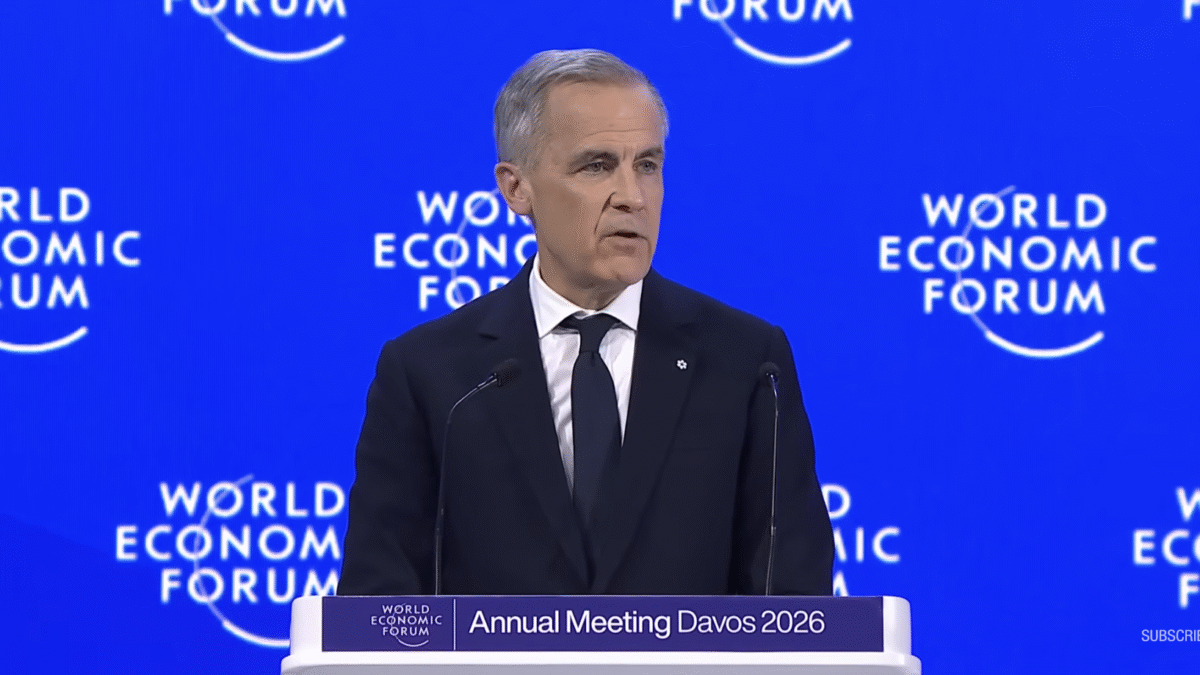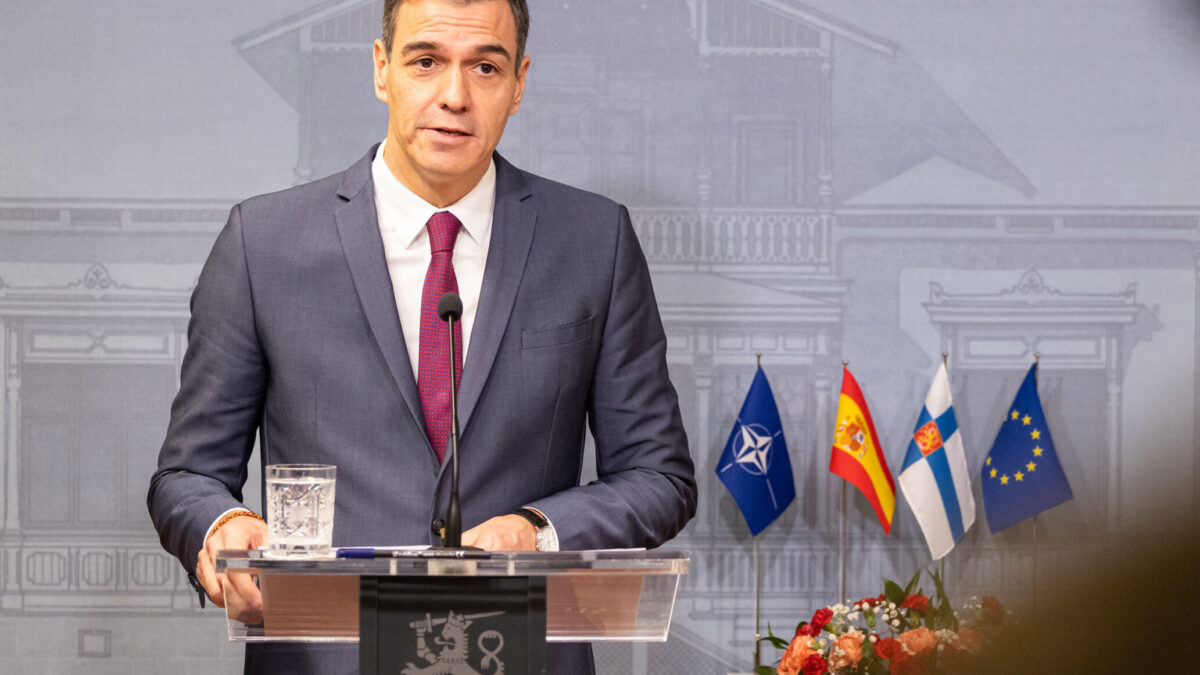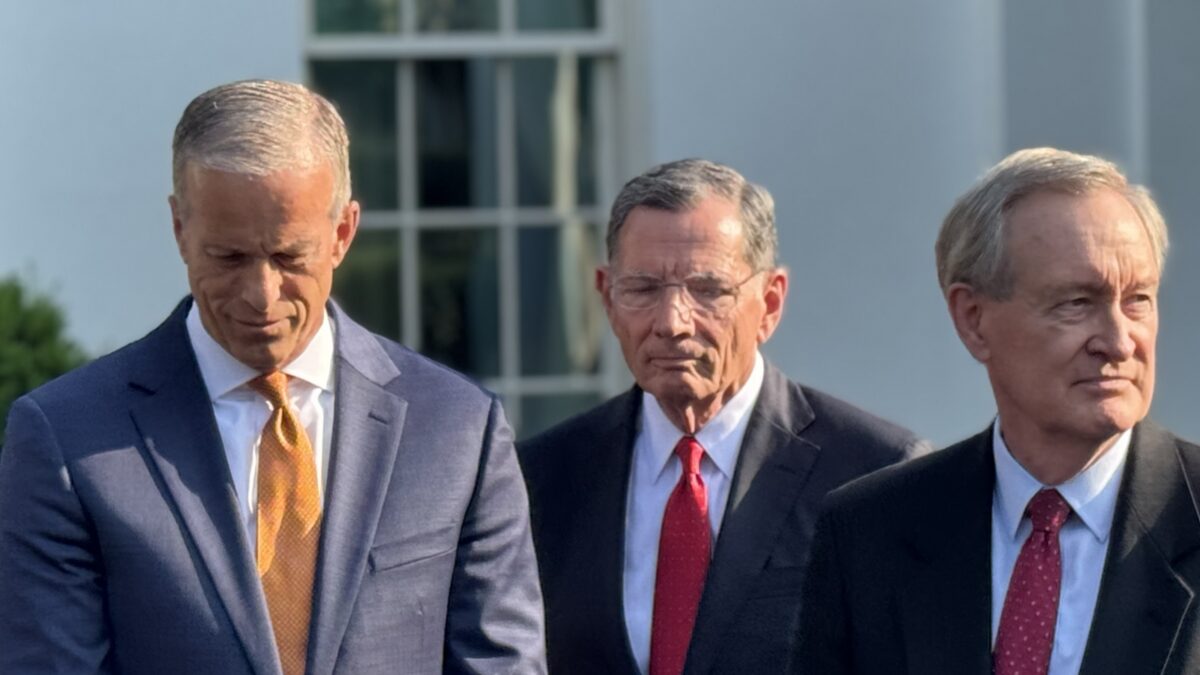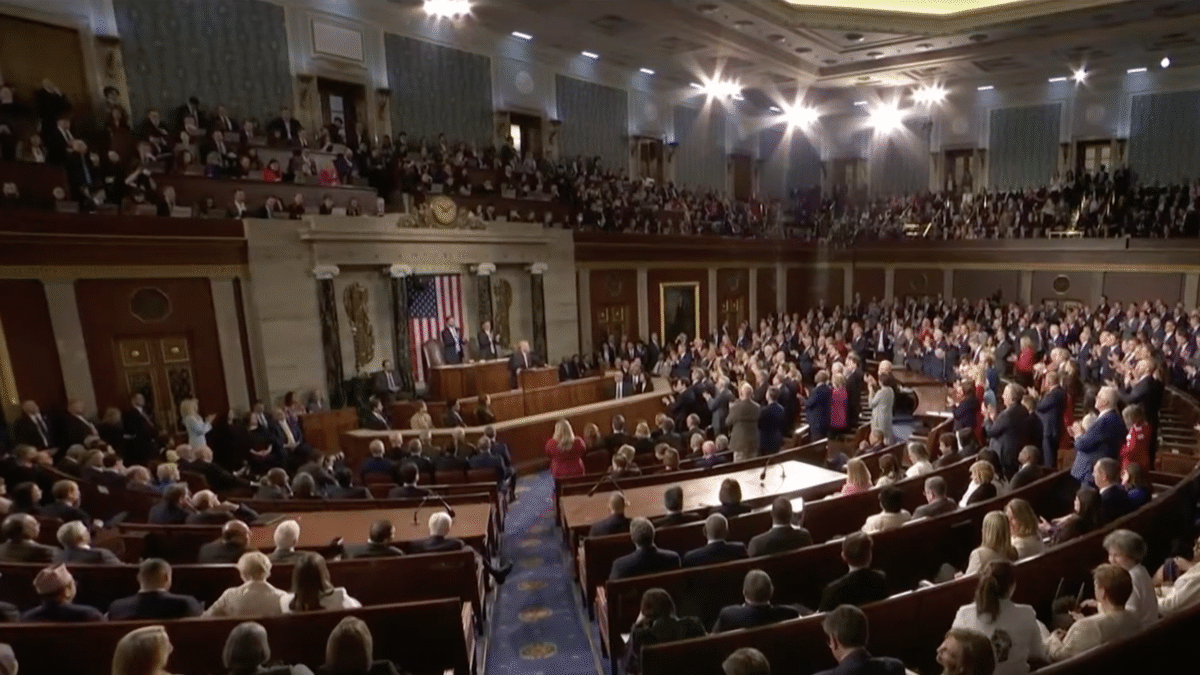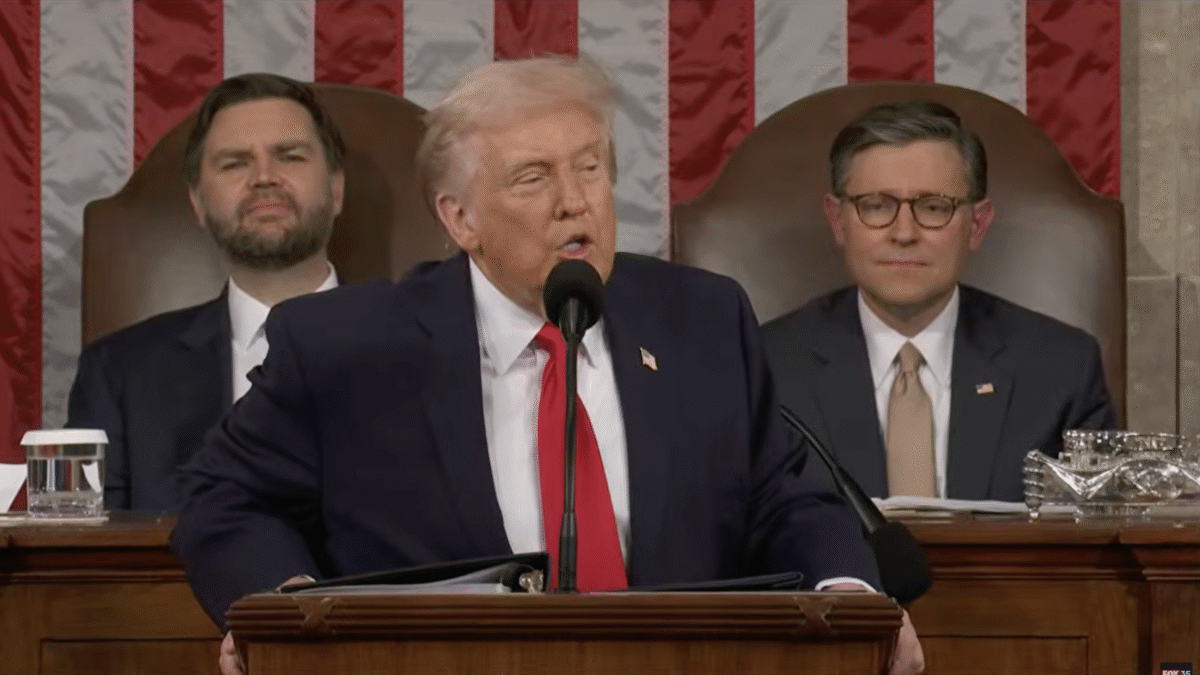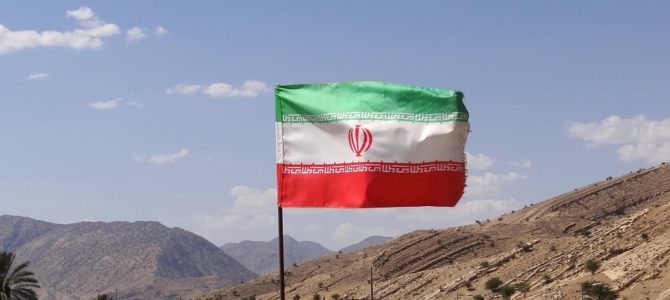
“The light is dimming, and night may well be approaching at long last.” That was historian David Crist’s assessment from 2012 of what the future held for the 40-year conflict between the United States and the Islamic Republic of Iran. The neutralization of Islamic Revolutionary Guard Corps Gen. Qasem Soleimani on January 3, along with other key Iran-aligned leaders, was undoubtedly the climax of a jaw-dropping turn of events spanning a week, beginning with the death of an American contractor following a rocket attack by Kata’ib Hezbollah.
Reaction to the Soleimani killing proved divisive as ever. Like all of President Trump’s decisions, support or opposition fell along partisan lines. Contrast that with 2011, when Republicans checked their pride to credit President Barack Obama with the decision to kill Osama bin Laden. It appears the days of “rally ‘round the flag” are indeed over, even for “the world’s no. 1 bad guy.”
So, what comes next? Again, it depends on whom you ask and whether one supports the president. Supporters insist that, ultimately, Iran will de-escalate in the face of overwhelming American military might. With credibility and deterrence re-established after years of accommodation by the Obama administration, Iran will eventually see the writing on the wall and, as they did during the Iran-Iraq War, capitulate and agree to a new deal, one lopsided in America’s favor, which is what Trump’s always wanted.
The opposition, on the other hand, appears concerned regarding the outbreak of a wider conflict, perhaps even a Third World War. Some of these concerns appear genuinely legitimate, while others are blatantly partisan. At best, the opposition, 2020 Democratic presidential candidates included, seem torn between celebrating the demise of someone with American blood on his hands and conveying concerns about the path forward and inevitable Iranian retaliation. At worst, opponents view the incident as another opportunity to exhibit their hatred of Trump.
Both Sides Are Wrong
Both sides are wrong. Supporters have echoed Trump’s insistence that targeting Soleimani and the “maximum pressure” campaign isn’t meant to start a war. They’ve attempted to shore up the president’s position by saying he has no intent to invade Iran and overthrow its regime a la Iraq 2003, that this is about credibility and deterrence, and military action is a means of ensuring “peace through strength” and giving teeth to diplomacy.
But if the events of the past several days prove anything, it’s that deterrence has failed and so has “maximum pressure.” Deterrence is like a security camera—it prevents thieves from stealing until somebody decides to steal anyway. Once Iran began to sabotage oil tankers in the Persian Gulf and shoot down an American drone, they were no longer deterred.
The same thing occurred last weekend. After the United States launched retaliatory strikes against Kata’ib Hezbollah, Iran responded by sending militias to swarm the American embassy. We now await and see how Iran responds to the death of Suleimani. Only the absence of retaliation or some lower-level action that gives both sides a face-saving way out of the predicament can restore deterrence. Otherwise, fight’s on.
Demanding Capitulation Is a Setup for Failure
The fact Iran has yet to come to the negotiating table, shown no willingness to do so, and has now lashed out violently means any hope of Tehran yielding to the United States without bloodshed has vanished. It was always a pipe dream; what Secretary of State Mike Pompeo considered diplomacy were 12 demands which effectively amounted to a call for unconditional surrender.
The theocratic regime is reprehensible, but if the administration were genuine in its hopes for diplomacy, demanding capitulation upfront is a setup for failure, no matter the regime. A strategy like “maximum pressure,” which explicitly seeks to destabilize Iran, also serves as a non-starter for peaceful resolution.
Hawkish Trump supporters try to assuage concerns by pointing to Trump’s unwillingness to invade Iran and overthrow its regime. This isn’t only cold comfort, but disingenuous. First, it’s become apparent what Trump says is less important than what his administration does. Even as he insisted regime change wasn’t the objective, his administration, its individual backers, and Trump-friendly think-tanks made clear peaceful regime change was on the table.
Second, their argument hinges upon a very selective definition of war, one in which the United States has either formally declared it, in a legal sense, or where the United States launches a full-scale ground invasion to topple the ayatollah’s regime. But war is merely a state of armed conflict, “an act of force to compel our enemy to do our will,” as Prussian general Carl von Clausewitz defined it. Playing fast-and-loose with the definition of war ignores the obvious fact both sides have used force to influence the behavior of the other side. When Iran targets Americans and America strikes back and vice versa, it’s a war, like it or not.
Peace Is an Impossible Goal
Critics of Trump also cannot be allowed to engage in disingenuity. The president has been accused of stoking tensions through his pressure campaign and by abrogating the Iran nuke deal. There’s no question Trump might’ve overplayed his hand, when a containment strategy wasn’t only preferable, but quite appropriate for the threat Iran actually poses to the United States. But Trump’s critics are kidding themselves if they believe the nuke deal was the difference between peace and war with the Islamic Republic.
If the events of the new year prove anything, it’s that the United States and Iran will never see eye-to-eye on a wide range of issues. There are too many flashpoints, Iraq included, where the two countries would’ve eventually collided.
Furthermore, the deal never addressed Iran’s overall behavior and its latent anti-Americanism, a showstopper to any peace overture from the United States. Supporters of the deal dismiss such concerns by insisting the deal was never meant to solve all problems between Washington and Tehran, but ensuring Iran never obtains nuclear weapons nor impedes U.S. interests in the region requires improved relations. The idea that a narrowly focused agreement between the Obama administration and President Hassan Rouhani (not the supreme leader) could set the countries up for peaceful relations is as fallacious as demanding and receiving capitulation.
The shameful cynicism conveyed by Trump’s political opponents isn’t worth addressing, except to say it’s asking too much to think the United States should absorb aggression and provocation from Iran without retaliating at some point. American policy may be foolhardy, its strategy reckless, but, at the operational and tactical level, we’ve acted with restraint toward Iran both recently and throughout the 40-year conflict. There’s no straightforward approach to dealing with the world’s “bad boys” and, until recently, the United States has handled the situation as prudently as could be expected.
What’s Happening Next
That brings us to the vote by the Iraqi parliament to dismiss U.S. forces from Iraq, an unintended yet totally anticipated consequence of Soleimani’s killing. Iran’s objective has always been to oust U.S. forces from Iraq; abrogating the nuke deal, “maximum pressure,” and Soleimani’s death has accelerated that timeline. Overt actions to precipitate withdrawal, such as missile strikes, are unlikely, since they’d risk overwhelming retaliation against Iran proper and, at least temporarily, force the United States to fortify its presence in the region.
It’s also unnecessary. Iran’s access to a deep roster of militants and terrorists ensures a virtually unlimited number of players with which to attack U.S. interests and personnel. Expect more of the same going forward—rocket attacks against U.S./Iraqi installations, stirring up civil unrest via the Popular Mobilization Forces, suicide bombings, and other low-level, asymmetric forms of warfare. Given the loss of top commanders like Soleimani, Iran may decide more U.S. personnel are all fair game.
Attacks on high-value targets and large-scale terrorist attacks aren’t immediately likely, but will become increasingly likely in the long run, especially as hostilities escalate. The purported existence of Iran-backed terror cells in North, Central, and South America loom large; Homeland Security may face its gravest challenge since the aftermath of 9/11. Finally, Iran will probably resume its creep towards nuclear warheads, as it’s now also dismissed the deal, setting up yet another collision course between our two countries.
For now, Iran will increasingly devote its efforts to ousting the United States from Iraq. It’ll rely on its many friends within Iraq and around the region. It’ll isolate and threaten those who support the American presence, gradually increase the costs of staying by killing Americans and Iraqis, perhaps unleashing a full-blown insurgency. Meanwhile, Trump’s advisers, who’ve convinced him to take on yet another endless war, will spare no expense keeping troops in Iraq, at the risk of a bigger conflict.
When the Iraqis turn completely against the Americans or the Iraqi military collapses, as South Vietnam’s did in 1975 and Lebanon’s did in 1984, there’ll be nothing left for Americans to preserve nor protect in Baghdad, and we’ll finally have reached the end of a long, tragic road. Maybe then Washington will choose to let it be.


